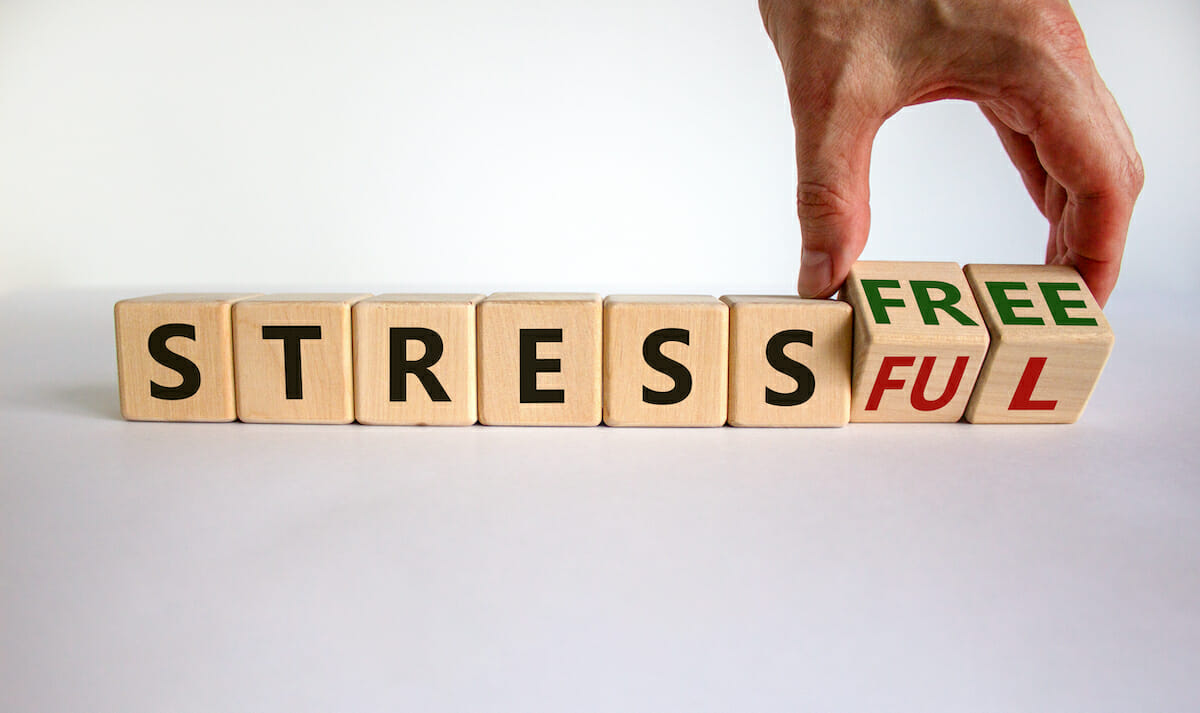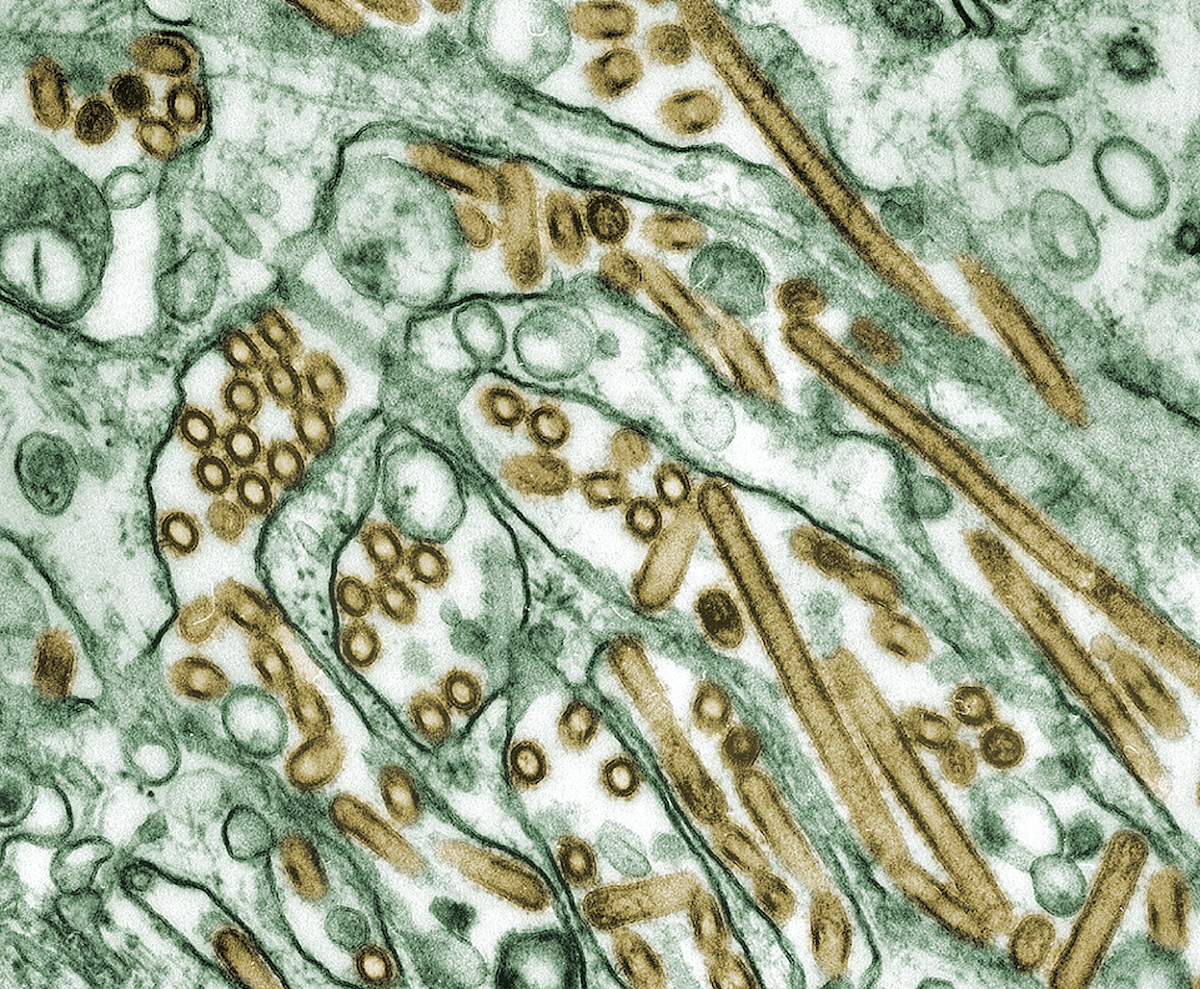Managing your emotions can save your heart
We often think of the heart and brain as being completely separate from each other. After all, your heart and brain are located in different regions of your body, and cardiology and neurology are separate disciplines. Yet these organs are intimately connected, and when your emotions adversely affect your brain, your heart is affected as well.
There are two kinds of stress that impact your brain. Helpful stress (also known as eustress) can assist you with getting things done by helping you focus your attention. Unhelpful stress (distress), on the other hand, can be so severe that it can lead to fatigue and heart disease.
If you have coronary artery disease (CAD), your heart may be deprived of oxygen. This deprivation, called myocardial ischemia, can occur in as many as 30% to 50% of all patients with CAD. It can be further exacerbated by emotional stress. In fact, if you have any type of heart disease, any strong emotion such as anger may also cause severe and fatal irregular heart rhythms. Expressions like “died from fright” and “worried to death” are not just hyperbole—they are physiologic possibilities. Furthermore, when patients with newly diagnosed heart disease become depressed, that depression increases the risk that a harmful heart-related event will occur within that year.
The negative impact of emotions when you have no heart disease. Stress can have a big effect on your heart if you don’t have heart disease. Even in people with no prior heart disease, major depression doubles the risk of dying from heart-related causes.
Tend to your emotions for your heart’s sake. It is important to control your worry and stress, not just because you will worry less and feel better, but because less worry means less stress for your heart. This applies to the entire range of stressors, from a small episode of acute panic to a larger context such as living through a natural disaster. A new emotion-based approach to heart health, called cardiac psychology, is receiving increasing interest.
You really can change your brain and get a healthier heart in the process. Here are some ways to get started:
Seek professional help. Don’t ignore stress, anxiety, depression, excessive worry, or bouts of anger that overwhelm your life. Seek professional help. If you meet criteria for a diagnosis, treatment can help reduce symptoms, thereby protecting your brain and your heart.
Available treatments in cardiac psychology. Aside from more traditional psychiatric treatment and exercise, psycho-educational programs, educational training, stress management, biofeedback, counseling sessions, and relaxation techniques should all be considered before or after a heart-related event. Newer treatments such as acceptance and commitment therapy and expressive writing can also be helpful.
Exercise. Physical exercise can help you have a healthier heart and brain—in the right doses. For example, many studies have demonstrated that aerobic exercise can help you be more mentally nimble by helping you think faster and more flexibly. Even frail older adults have improved their thinking and overall psychological well-being from exercising for one hour, three times a week. And people in rehabilitation after being diagnosed with heart failure report clearer thinking when their fitness levels improve. Various types of aerobic exercise, including jogging, swimming, cycling, walking, gardening, and dancing, have all been proven to reduce anxiety and depression and to improve self-esteem. This is thought to be due to an increase in blood circulation in the brain, and the fact that exercise can improve the brain’s ability to react to stress.
A starting point for better brain — and heart-health
If you struggle with stress, anger, anxiety, worry, depression, or problems with self-esteem, talk to your primary care physician—or a cardiologist, if you have one. A consultation with a psychiatrist may be very helpful. Together, you can explore which of these potential therapies might best protect your psychological state, your brain, and your heart.
Srini Pillay, MD, Contributor; http://www.health.harvard.edu/blog/ managing-emotions-can-save-heart-
Exclusive content from CARE magazine












